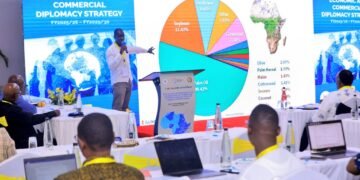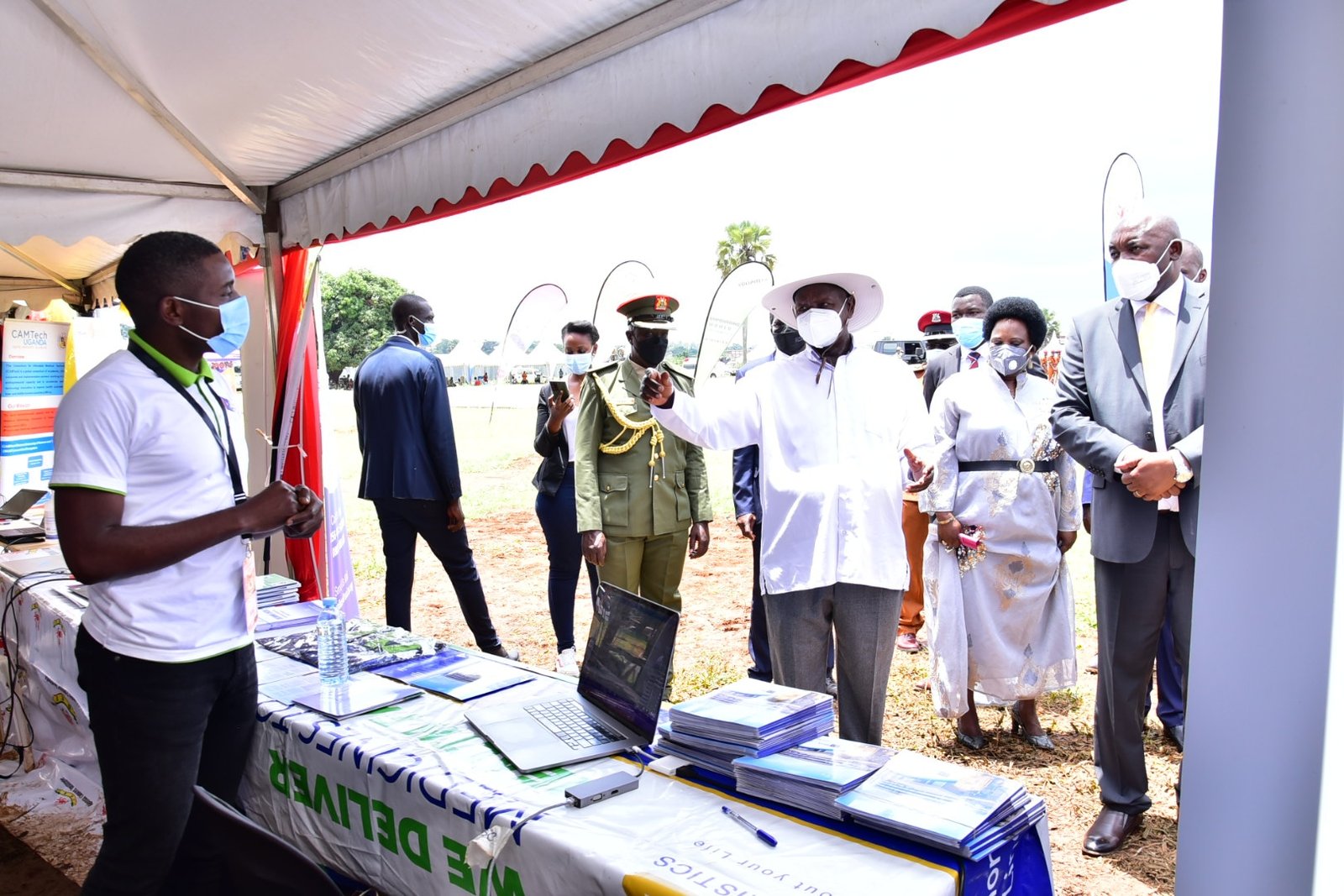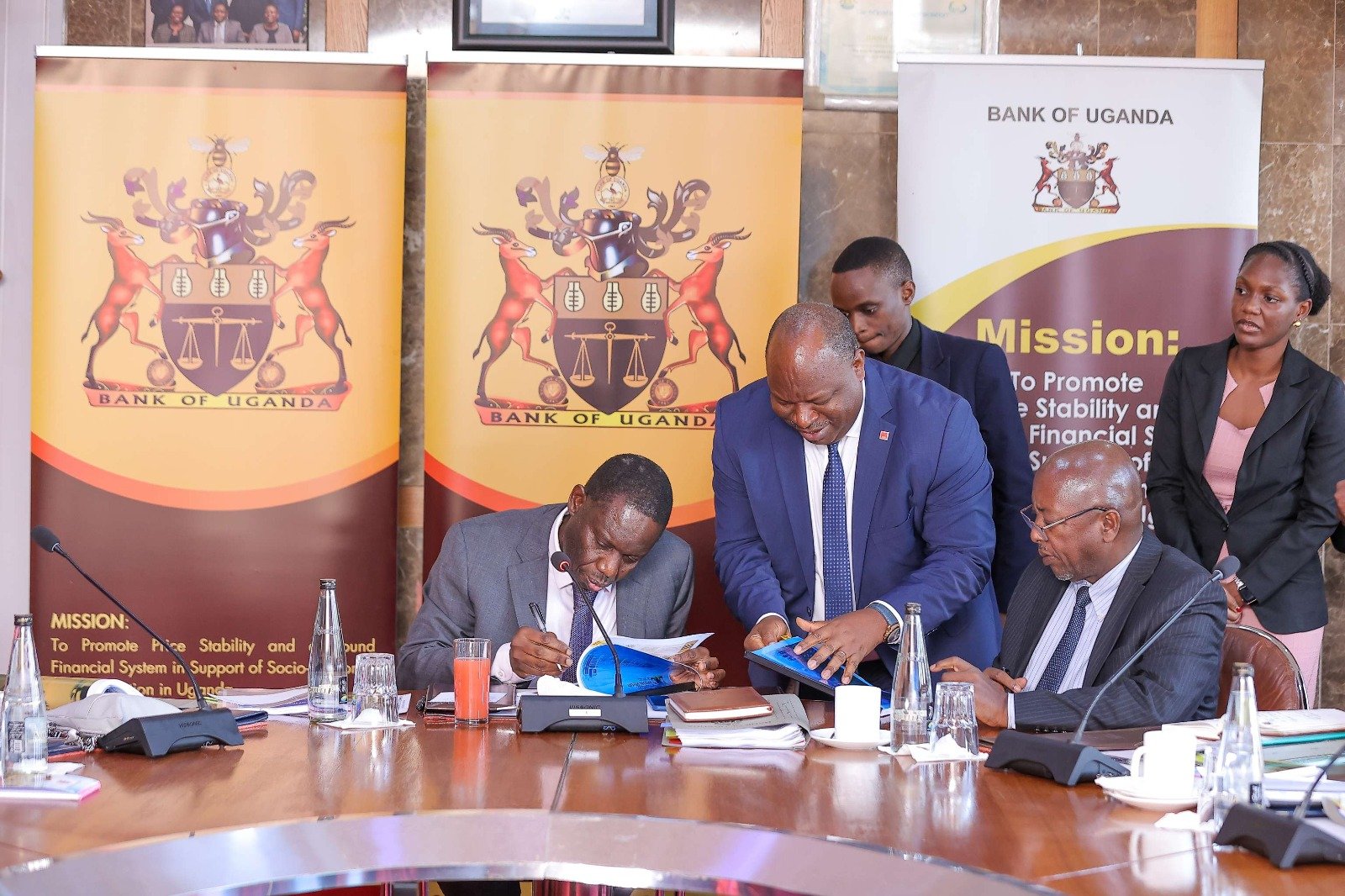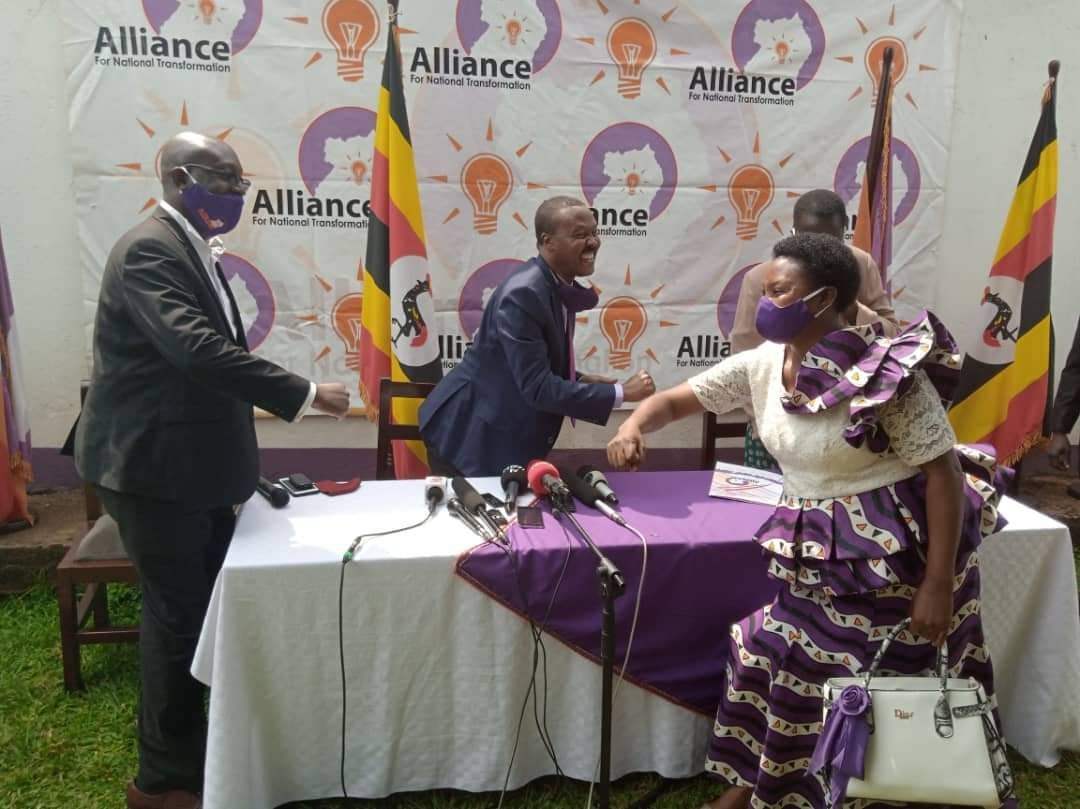The state minister in charge of the Science, Technology & Innovation Office of the President,Dr Monica Musenero has said that the government is committed to engaging scientists, universities, and other developmental partners towards industrialization, ecosystems, and commercialization that will transform communities as producers, not only as consumers.
Musenero made the remarks while presiding over the official opening of the International Training Course on Halal Products and testing at Hotel African in Kampala.
The event is organized by COMSTECH, the Ministerial Standing Committee on Scientific & Technological Cooperation of the Organization of Islamic Cooperation-OIC, the Standards and Methodology Institute for Islamic Countries in conjunction with Islamic University in Uganda- IUIU.
Musenero expressed her gratitude to the organizers, saying that she was thrilled with the Halal concept.
She called for closer cooperation and the signing of an MoU with all stakeholders including OIC and Uganda Muslim Supreme Council (UMSC).
“Now I have been educated about Halal concept, which is beyond the slaughtering of animals, which I grew up knowing. We pledge to present a paper to the Cabinet and I hope it will get the weight it deserves,” Musenero promised.
Participants are to be taken through concept papers that include halal & global view of the halal industry, introduction to halal food, State Industry in Africa, analytical challenges of testing haram ingredients, and development of halal standards among others.
The Mufti of Uganda Sheikh Shaban Ramadhan Mubaje in his speech delivered by the 2nd deputy Mufti, Sheikh Muhammad Ali Waiswa, the Mufti highlighted the historical background of the halal concept noting that it was introduced at the advent of Islam in Uganda during the reign of Kabaka Mutesa I following his conversion to Islam before the British colonization.
He explained that the concept was meant to help the natives to adopt an ideal Islamic Way of Slaughtering animals for human consumption.
He noted that Halal slaughter was further institutionalized during the colonial and post-colonial era, which saw Muslims given the mandate to slaughter animals for public consumption to date.
He called for closer cooperation between UMSC and development partners in OIC member countries in terms of providing more expertise, certification, and establishment of laboratories for testing and safeguarding halal standards.
Prof. Ismail Ssimbwa Gyagenda, the rector IUIU and one of the conveners of the workshop explained that IUIU being an Anglophone university, commits to training African nations in halal concept in its totality in order to tap foreign exchange from exports to Muslim Countries.
David Livingstone Ebiru, the executive director of the Uganda National Bureau of Standards, described the workshop as a timely initiative that is capable of transforming the Ugandan economy by providing access to the World’s Muslim 2 billion people.

















